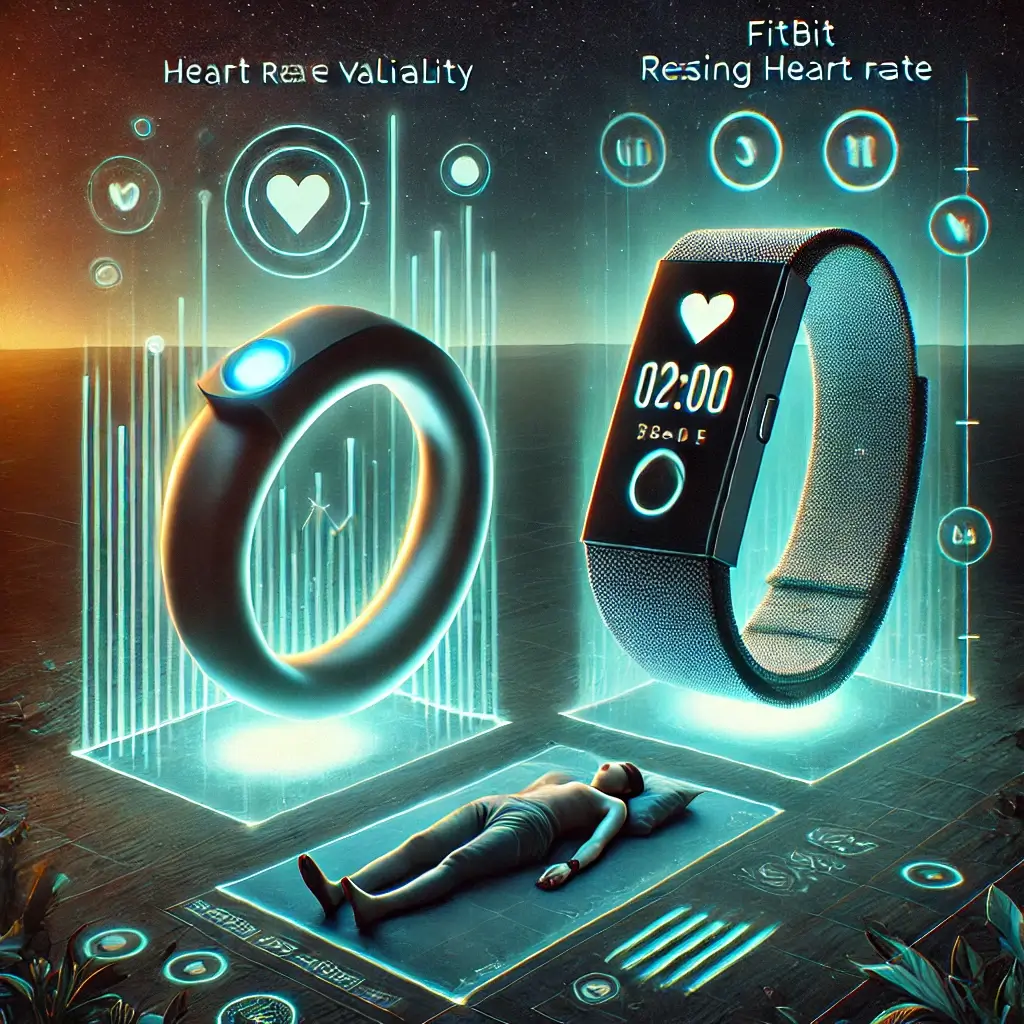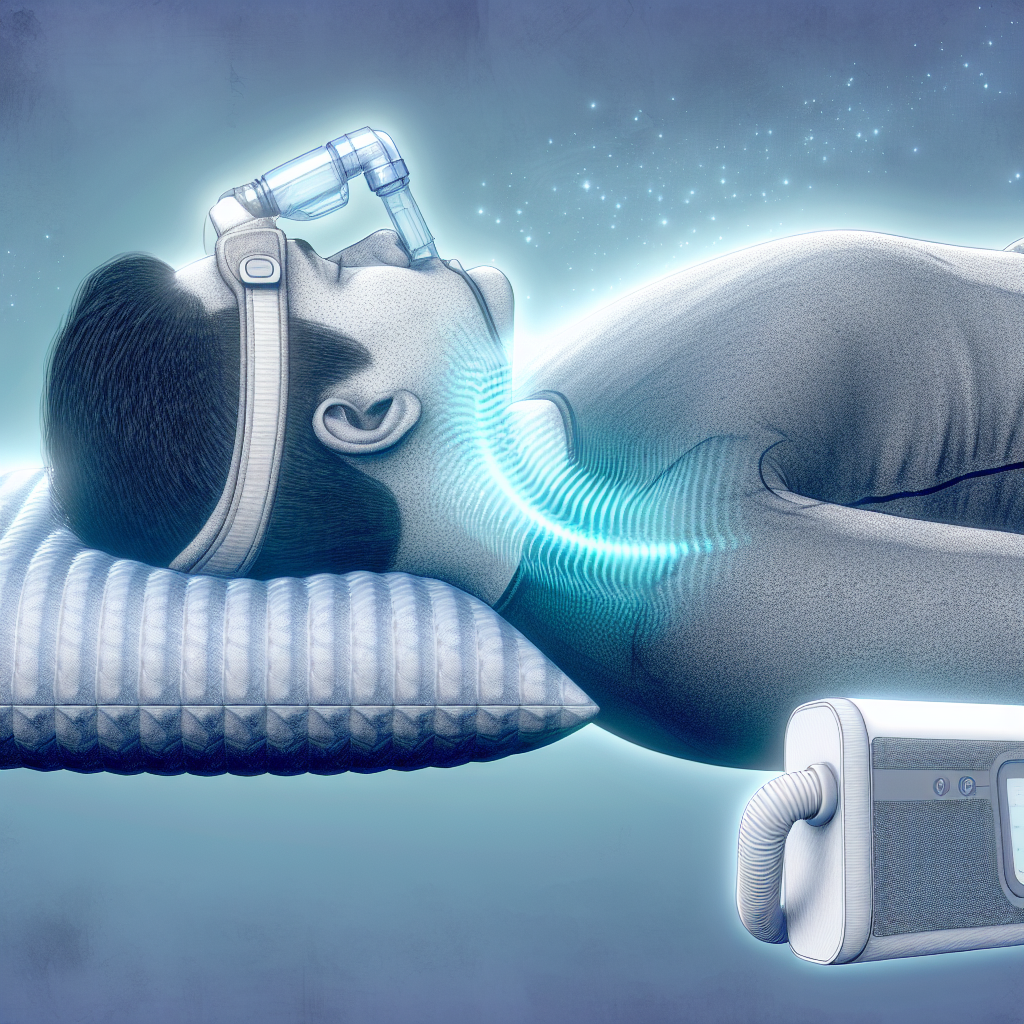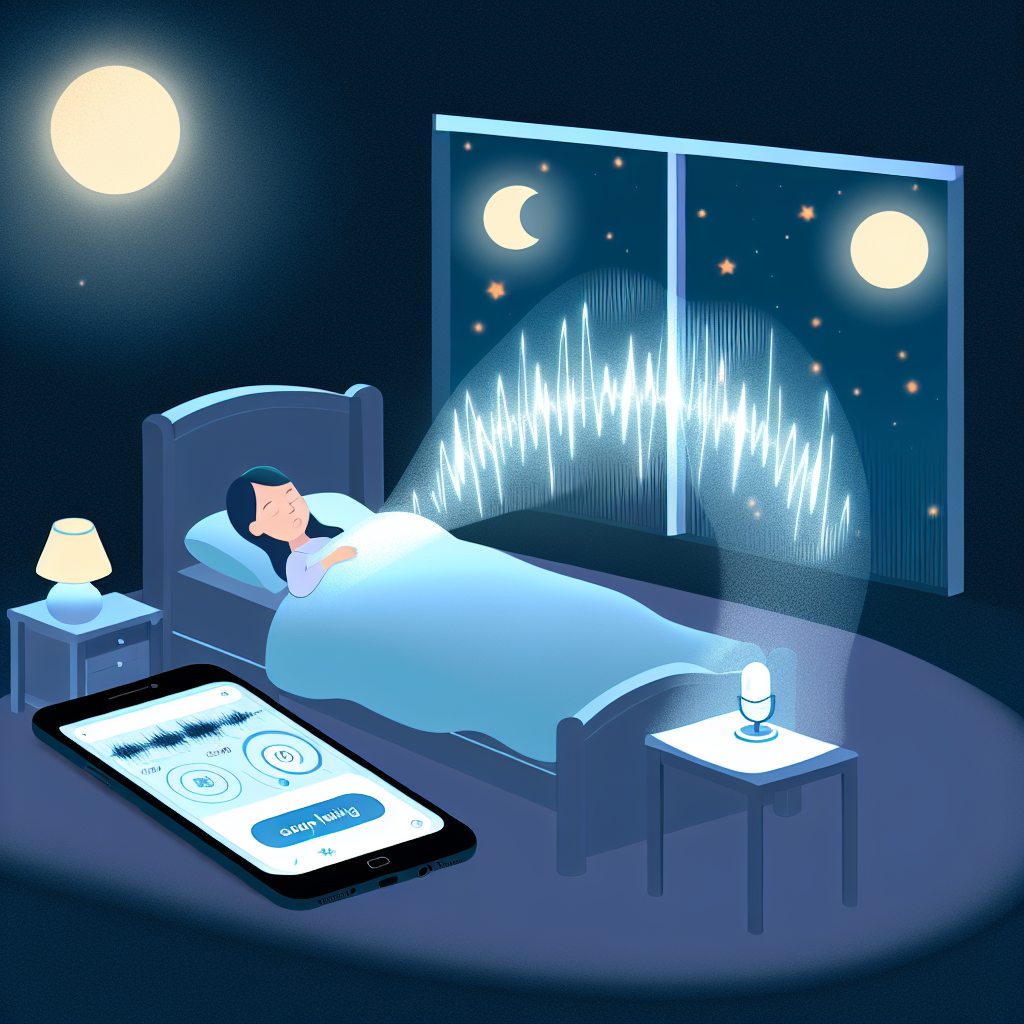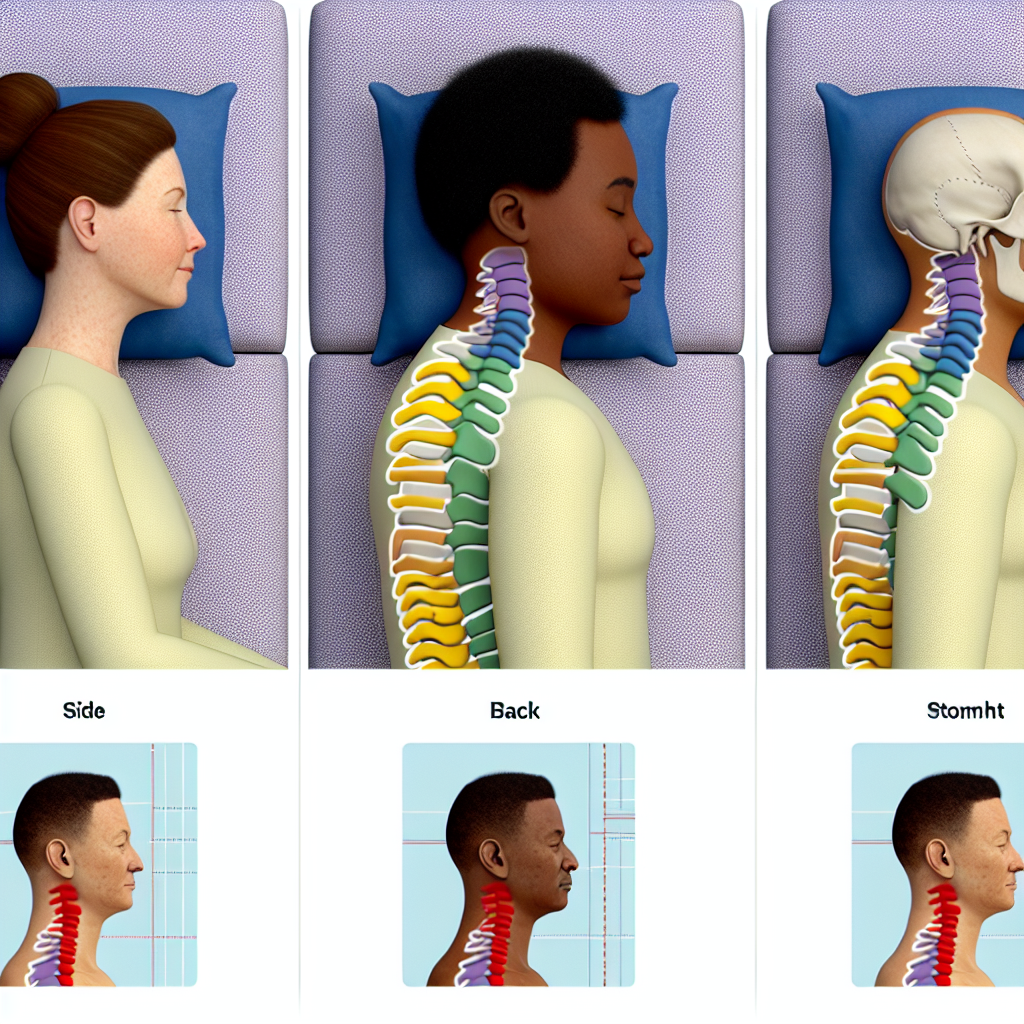The Growing Importance of Sleep Tracking Technology
Sleep, an essential pillar of health, remains elusive for many in our fast-paced, technology-driven world. As awareness of sleep’s role in overall well-being grows, so does the popularity of wearable sleep trackers. Devices such as the Oura Ring and Fitbit have positioned themselves as leaders in this space, each promising to provide detailed insights into sleep quality and patterns. These tools have transformed the way individuals approach sleep, offering data that fosters better habits and health outcomes. But which device is more accurate, and how do their features compare? This article explores these questions, examining the scientific research and practical applications behind the Oura Ring and Fitbit, guiding you toward making the right choice for your health needs.
The Oura Ring: A Minimalist Powerhouse for Recovery
The Oura Ring has gained acclaim for its sleek design and robust sleep-tracking capabilities. Its advanced technology includes:
Infrared LEDs: These sensors monitor blood volume changes, enabling the device to estimate heart rate variability (HRV), a key indicator of stress and recovery.
Accelerometer: Tracks movement to differentiate between light, deep, and REM sleep stages.
Body Temperature Sensor: Monitors fluctuations in body temperature, linked to circadian rhythms and sleep quality.
These features combine to provide comprehensive insights into:
Sleep Stages: The Oura Ring excels in analyzing time spent in each sleep stage, particularly deep sleep, crucial for recovery and regeneration.
Sleep Trends: It tracks patterns over time, offering users a holistic view of their sleep behaviors.
Recovery Scores: Personalized scores indicate readiness for daily activities based on sleep quality and recovery.
Studies have supported the Oura Ring’s accuracy. For instance, a 2020 study published in Sleep highlighted its superior performance in detecting deep sleep stages compared to other wearables (Hirshberg et al., 2020).
Fitbit: A Versatile Option with Broad Appeal
Fitbit, known for its versatility and range of devices, integrates sleep tracking into a broader health and fitness ecosystem. Fitbit trackers use:
Accelerometers and Heart Rate Sensors: To estimate sleep stages and durations.
Advanced Models: Include SpO2 sensors and skin temperature monitors, offering additional data points for sleep and overall health.
Key features include:
Sleep Scores: Fitbit assigns nightly sleep scores based on metrics like duration, stages, and restlessness, helping users identify areas for improvement.
Resting Heart Rate: Tracks heart rate during sleep, reflecting cardiovascular health and relaxation levels.
Comprehensive Tracking: Many Fitbit models also monitor activity, calories, and GPS, providing a well-rounded view of fitness and wellness.
A 2021 study in Nature and Science of Sleep confirmed Fitbit’s reasonable accuracy in estimating sleep stages. However, it noted that the Oura Ring slightly outperformed Fitbit in deep sleep detection and duration accuracy (Patel et al., 2021).
Research Insights: Head-to-Head Comparisons
Research comparing these devices reveals key differences. The Sleep study (2020) emphasized the Oura Ring’s strength in deep sleep tracking, an essential factor for those prioritizing recovery. Fitbit’s broader range of features, however, appeals to users seeking an all-in-one device for health and fitness. While both devices offer similar capabilities in monitoring light and REM sleep, the Oura Ring’s focus on deep sleep and recovery metrics gives it a slight edge for sleep-specific needs.
It’s essential to note that individual factors, such as movement patterns and physiology, can influence device accuracy. The 2021 Nature and Science of Sleep study suggested that user variability might account for differences in perceived accuracy, emphasizing the need for personalized selection based on specific health goals.
Choosing the Right Sleep Tracker: Key Considerations
When deciding between the Oura Ring and Fitbit, several factors come into play:
Design and Comfort: The Oura Ring’s discreet, lightweight design suits those who prefer minimalism, while Fitbit’s wrist-worn trackers offer variety in form and style.
Additional Features: Fitbit integrates fitness tracking, making it ideal for users seeking an all-in-one health monitor.
Cost: The Oura Ring, while offering specialized sleep insights, comes at a higher price point than most Fitbit models.
Ultimately, the choice hinges on personal preferences. Those focusing on recovery and sleep optimization may lean toward the Oura Ring, while users valuing a multi-faceted health tracker might prefer Fitbit.
Conclusion: The Champion Depends on Your Needs
Both the Oura Ring and Fitbit are exceptional tools for improving sleep and overall wellness. The Oura Ring’s precision in deep sleep tracking and recovery analysis makes it a top contender for those prioritizing sleep health. Meanwhile, Fitbit’s diverse features and affordability make it a versatile choice for users seeking broader health metrics. Understanding your priorities and health goals is key to selecting the right tracker. With consistent use, either device can help you foster healthier habits and achieve more restorative sleep.
References
Hirshberg, M. B., Patel, N. K., Alpert, T. S., Malhotra, A., & Walker, M. P. (2020). Validation of the Actigraphy-Based Sleep Stages of Wearable Sleep Trackers. Sleep, 43(3), zsaa002.
Patel, N. K., Alpert, T. S., Hirshberg, M. B., & Walker, M. P. (2021). Sleep Tracking Technology: A Comparative Review. Nature and Science of Sleep, 13, 45–56.





